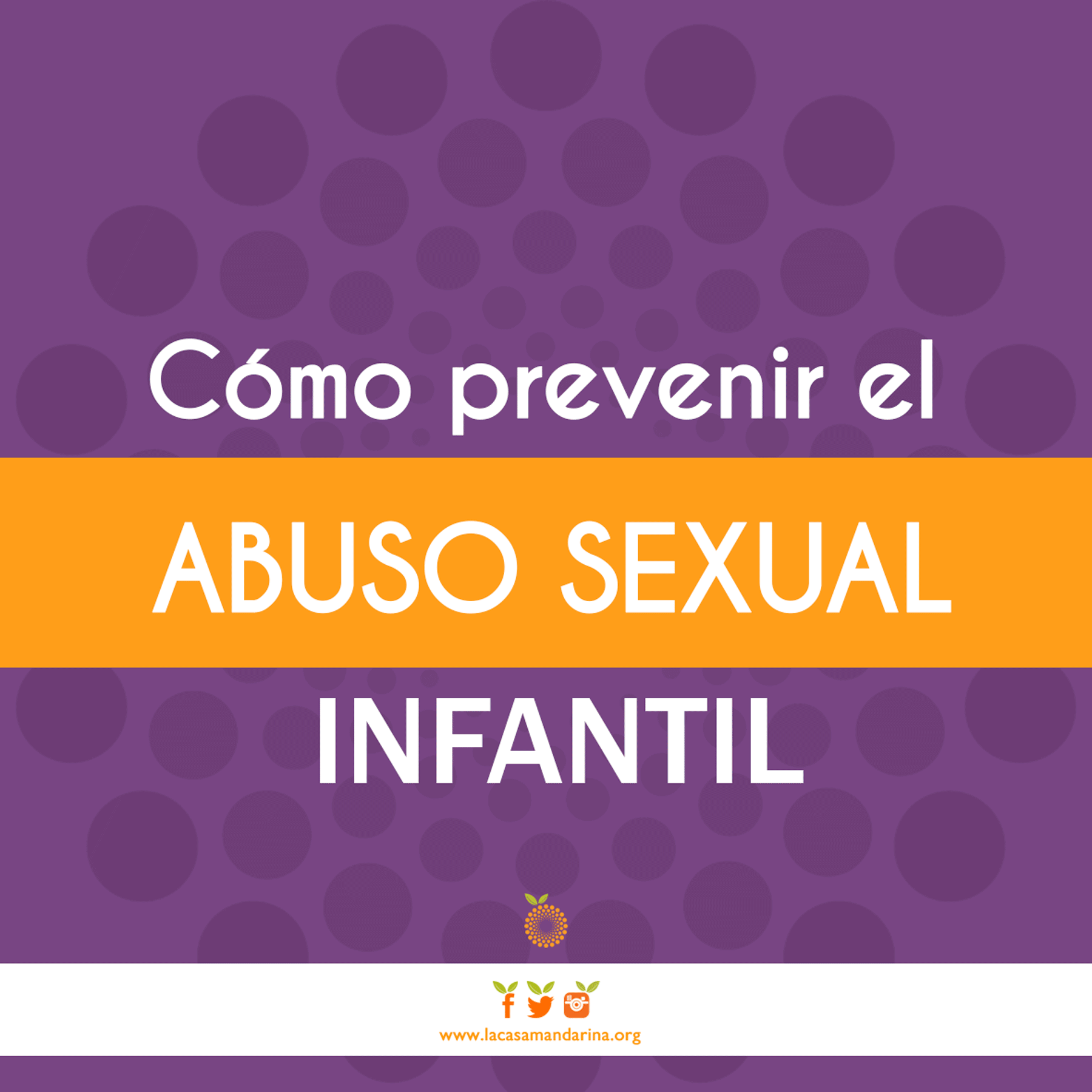
La Casa Mandarina AC facilitate workshops, conferences, consultancies and trainings, nationally and internationally, on the root causes of oppression, sexual and gender violence and the impact of trauma.
in Mexico, the United States, Palestine, Thailand, Serbia, Argentina, India, Nicaragua, Brazil, Colombia, Peru, among others. We have advised and collaborated with international organizations, government institutions, academic institutions as well as grassroots organizations and feminist groups
We have trained more than 4000 people

Our clientes
International organizations
-
International Amnesty Paraguay.
-
United Nations (UN).
Government institutions
-
New York Department of Health.
-
Mexico City Department of Mobility (SEMOVI).
-
Department of Tourism, Mexico.
-
Children's Psychiatric Hospital, Mexico City.
-
Tlaxcala Institute for Women, Mexico.
-
DIF Valle de Bravo, Mexico
-
Mexico City Department of Women.
-
Beth Israel Medical Center, Nueva York.
Instituciones Académicas
-
National Autonomous University of Mexico (UNAM).
-
National School of Anthropology and History (ENAH), Mexico.
-
University Autonomous of Ciudad Juárez (UACJ), Mexico.
-
International Multidisciplinary Research Foundation (IMRF), India.
-
University of Tlaxcala Valley (UVT), Mexico.
Non-profit, grassroots organization
and feminist groups
-
ADWAR Association, Hebron, Palestine.
-
Afghan Women Voices, Afghanistan.
-
FORCE: upsetting rape culture, Baltimore, US.
-
Violence Intervention Program, Queens, NY.
-
Associação Tertio Millennio, Brazil.
-
Tomorrow People Organization (TPO), Serbia.
-
World Vision Mexico.
-
Notre Dame of Jerusalem Center, Israel.
-
Methodist Church, Mexico City.
-
Salud Activa, Argentina.
-
Project Envision Coalition, Nueva York.
For more information or to request a training or lecture, contact us:
+52 55 52 50 48 59
Workshop topics
These are some the topics of our workshops, consultancies, conferences and trainings. However, La Casa Mandarina AC adapts and designs the programs according to the clients own needs, goals and human and economic resources.
-
White supremacy, culture of rape and systems of oppression.
-
Gender violence.
-
Sexual violence: when speaking the truth is not enough.
-
Domestic Violence: why does not she just leave? vs why do men abuse?
-
What is child sexual abuse?: when it is better to die than to live like this.
-
Trauma, impact and consequences: surviving is not the end point, it is only the beginning.
-
Our experience advocating for survivors of sexual violence: theory to reality.
-
ESCRACHE: Social protest as an alternative for social change.
-
How to support the victims? Hope, movement, healing.
-
ARTIVISM: using the arts for social transformation.
-
Specialized training in sexual and domestic violence: A guide for professionals.
Our intervention model
Sexual violence is a social and health problem and everybody needs to get involved. La Casa Mandarina AC works on strengthening schools, universities, non profits, governments, judges, police, businesses and individuals on sexual violence and domestic violence issues at local, regional and international level.
-
Identify how sexual violence intersects with other forms of oppression -racism, homophobia, xenophobia, poverty, homelessness, intimate partner violence, body-shaming - because one issue cannot be prevented without looking at another.
-
Reflect on how sexual violence impacts us and how we individually contribute to perpetuate it.
-
Get the tools to prevent sexual violence in our community and in our own lives.
Our intervention model is an holistic, sustainable and replicable program, generated from within the community and can be adapted to different contexts. It aims at promoting change in those social norms and beliefs perpetuating oppression, sexual and gender violence by using the arts to create a new culture were survivors are supported instead of shamed.
-
Train their staff on sexual violence topics (train the trainers).
-
Co-facilitate workshops with their clients in primary prevention.
-
Provide resources for survivors.
-
Support to design their own program.
-
Create community awareness and mobilization.












